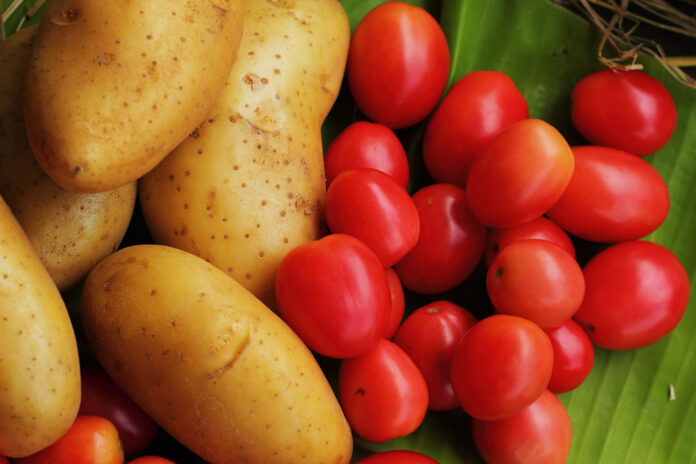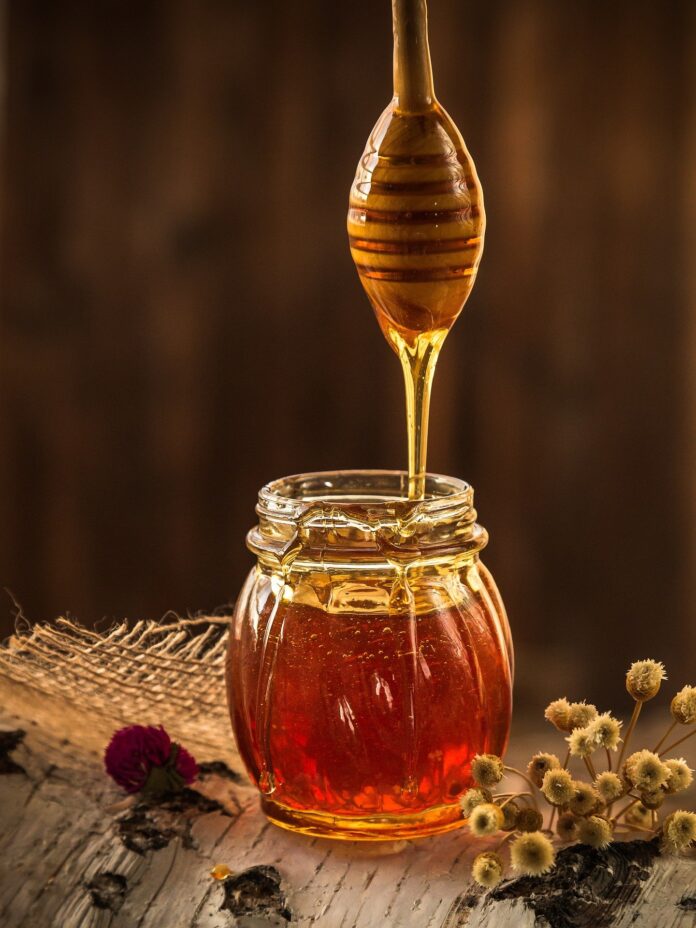Grape production in Duhok will reach 20,000 tons this year. Farmers continue to expand cultivation despite water shortages and climate challenges. The province keeps its reputation as Iraq’s grape capital.
Walid Besfki, a farmer from Majamakht village in Mangeshk district, said growers cultivate more than 43 grape varieties. He highlighted Taifi, Kamali, Zark, Rash Meu, and Be Tam as the most popular. Local markets and buyers in other provinces continue to demand these grapes.
Farmers face serious problems due to low rainfall. Lack of water hurts varieties that need heavy irrigation. Many growers reported direct financial losses as a result.
Marketing grapes also creates obstacles. Farmers who transport produce to central and southern Iraq often face long delays at checkpoints. These restrictions reduce profits and increase risks. Still, Besfki expressed hope that the market will improve this year. He believes farmers can sell grapes at fair prices if transport becomes easier.
Farmers in Duhok show strong determination. They keep working their lands and increase the scale of production. They expect grape production in Duhok to remain a major source of income for the local economy.
The province also grows several grape types for juice production. Black fruit and talc grapes supply this growing segment. At the same time, fresh grape varieties such as Zark, Taifi, and Kamali remain in high demand.
The Duhok General Directorate of Agriculture announced an increase in grape farming this year. Farmers planted more than 6,000 new dunams of land. Officials expect total output to reach 20,000 tons in the current season. This growth reflects both resilience and adaptation.
Grape production in Duhok shows the strength of local farmers. Despite climate change and market barriers, the sector continues to play a vital role in Kurdistan’s agriculture.


